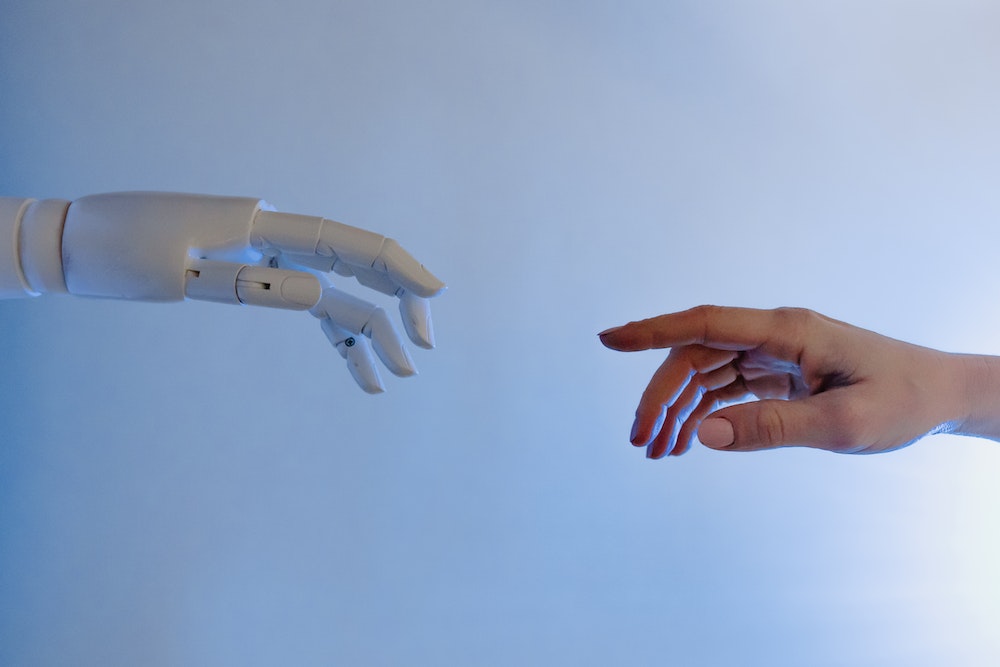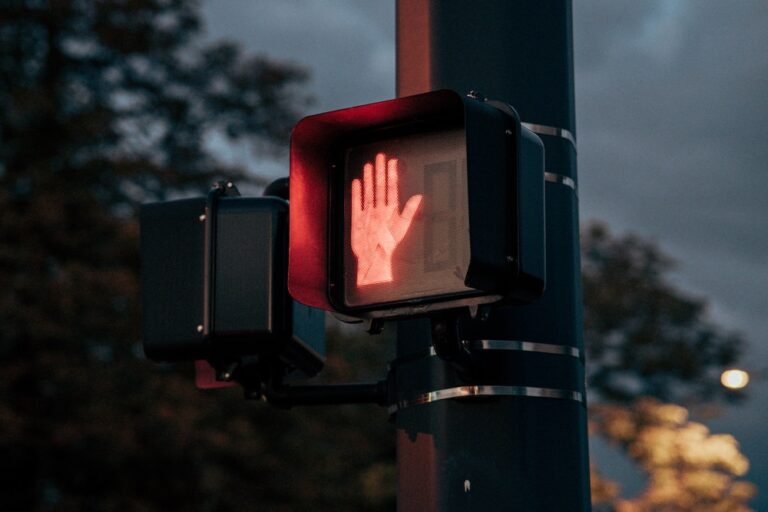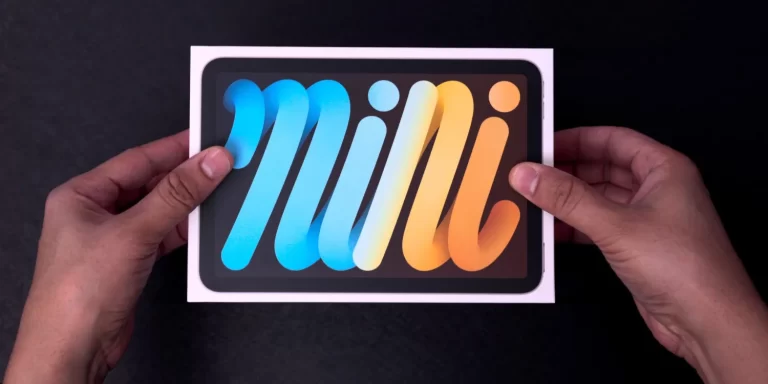How can AI help in healthcare?
AI has the potential to revolutionize healthcare in numerous ways. As more developments are made in the field of artificial intelligence, it will be even more helpful in healthcare and medicine. Now is the age of AI and it is being used everywhere. Here are some ways in which AI can help in healthcare:
Medical diagnostics
AI algorithms can analyze medical images such as X-rays, CT scans, and MRIs, assisting in the detection and diagnosis of various conditions like cancer, heart diseases, and neurological disorders. AI can quickly process large amounts of data, compare them with vast databases, and identify patterns that human clinicians might miss.
Personalized treatment and precision medicine
AI can analyze an individual’s medical records, genetic information, lifestyle data, and other relevant factors to provide personalized treatment plans. This can help doctors determine the most effective medications, therapies, and dosages tailored to each patient’s unique characteristics.
Drug discovery and development
AI algorithms can accelerate the process of drug discovery by analyzing vast amounts of biomedical data, including scientific literature, clinical trials, and molecular databases. AI can help identify potential drug candidates, predict their efficacy and safety profiles, and optimize drug designs, reducing time and costs associated with traditional drug development.
Remote patient monitoring
AI-powered devices can continuously monitor patients’ vital signs and collect data on their health status in real time. This data can be analyzed to detect anomalies or changes indicating the need for medical intervention. Remote monitoring enables healthcare providers to deliver proactive and timely care, particularly for patients with chronic conditions.
Predictive analytics and early detection
AI algorithms can analyze patient data to identify patterns and risk factors associated with diseases. By examining electronic health records, genetic information, lifestyle factors, and environmental data, AI can help predict the likelihood of disease occurrence, allowing for early detection and intervention.
Virtual assistants and chatbots
AI-powered virtual assistants can assist healthcare professionals by providing accurate and up-to-date information, answering routine patient queries, and facilitating administrative tasks. Chatbots can also triage patients, assess their symptoms, and provide initial recommendations or direct them to the appropriate healthcare services.
Robot-assisted surgery
AI can enhance surgical procedures by enabling robotic systems to perform precise and minimally invasive surgeries. AI algorithms can provide real-time guidance to surgeons, improve surgical accuracy, and reduce the risk of complications.
Health monitoring and lifestyle management
AI can analyze data from wearable devices, such as fitness trackers and smartwatches, to provide insights into individuals’ health and lifestyle habits. AI-powered apps can offer personalized recommendations for exercise, diet, sleep, stress management, and overall well-being.
It’s important to note that while AI holds tremendous potential, it should complement and assist healthcare professionals rather than replace them. The human expertise and judgment of healthcare providers remain crucial for accurate diagnoses, treatment decisions, and patient care.






